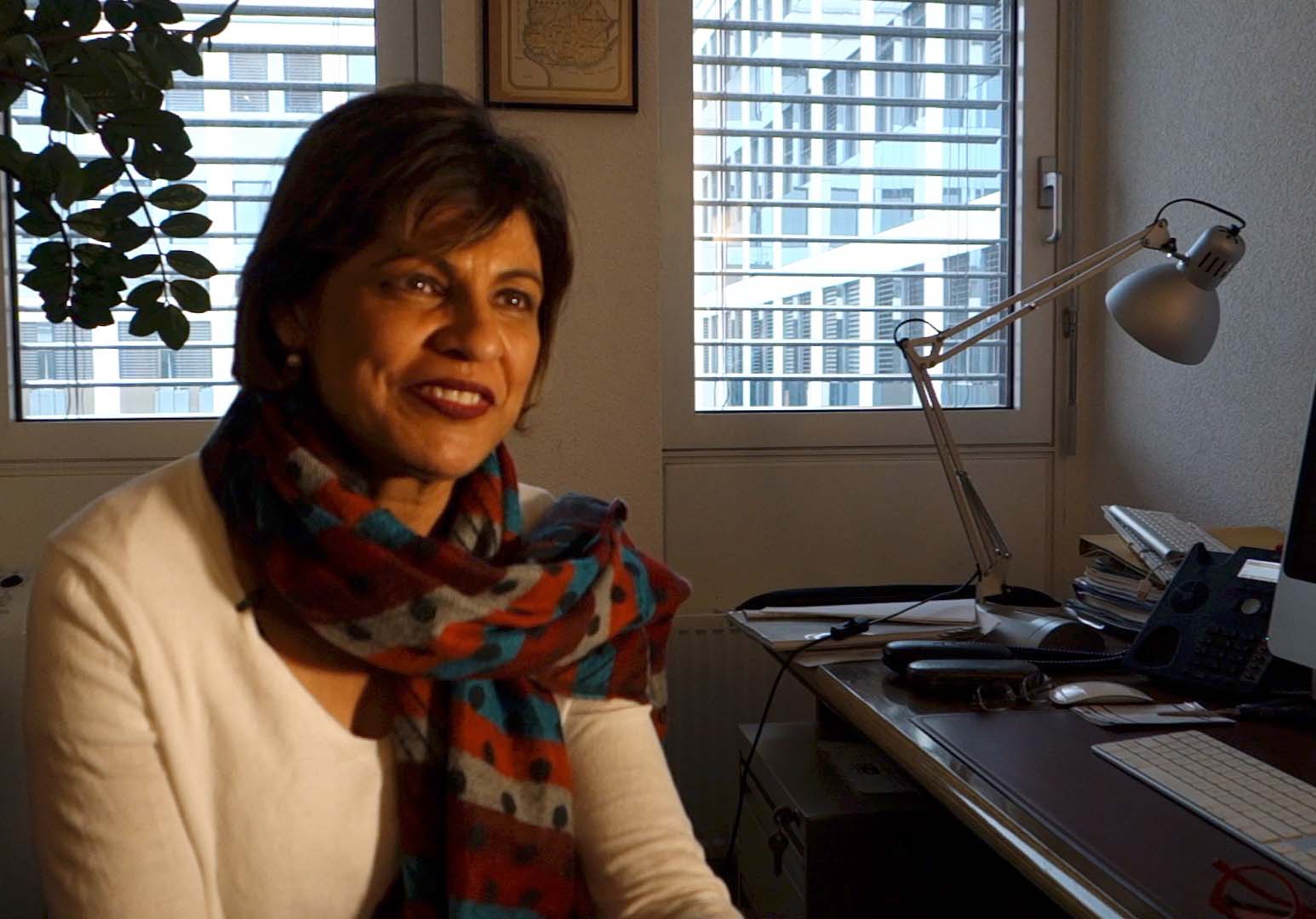 The ICJ and Avocats Sans Frontières (ASF) today welcomed the permanent stay of all charges against leading human rights advocate and ICJ Commissioner, Imrana Jalal.
The ICJ and Avocats Sans Frontières (ASF) today welcomed the permanent stay of all charges against leading human rights advocate and ICJ Commissioner, Imrana Jalal.
Presiding Justice Priyantha Fernando dismissed the charges, related to the licensing of a restaurant she operated, as improperly formulated and legally unfounded.
“This case should never have been initiated. It was politically motivated and aimed at intimidating a prominent human rights defender who had been critical of Fiji’s current interim government,” said Wilder Tayler, ICJ Secretary General.
“The prosecution of this case sends a chilling message to other human rights defenders. It is now time for the prosecutors to accept the decision of the court as well as to affirm its commitment to the rule of law and human rights,” said Francesca Boniotti, Director General of ASF.
The ICJ and ASF, issuing their statement following an observation of the pre-trial arguments in the case, highlight that the FICAC, the country’s anti-corruption body, initiated the prosecution, which concerns a minor regulatory matter unrelated to corruption normally handled by the local City Council. A magistrate involved in the case was dismissed two days after raising questions as to the propriety of FICAC’s jurisdiction.
The Office of the Director of Public Prosecutions (“DPP”) then took over the prosecution and applied to have the matter transferred from the Magistrates’ Court, which deals with less serious offences, to the High Court, which generally takes jurisdiction over serious crimes. In this way, the prosecution effectively transformed a civil misdemeanor into a number of offences, including criminal offences carrying a penalty of imprisonment.
Imrana Jalal and her husband were charged personally with criminal offences on the basis that they were the directors of the corporation that owned the restaurant, even though the corporation was never given a chance to plead to the regulatory offence or pay a relevant fine, as is the normal course when restaurant licensing infractions are prosecuted in the city of Suva. Again contravening usual practices for offences of this nature, strict bail conditions, including travel restrictions, were imposed on Imrana Jalal.
The ICJ and ASF note that all indications suggest that Justice Fernando acted impartially and independently in making his rulings.
However, the attempt by the authorities to abuse the judicial system highlights the continuous concerns over the corroded state of the rule of law in Fiji, following the abrogation of the Constitution in April 2009 and the summary dismissal of the entire judiciary.
Since April 2009, legal remedies against the State and judicial review of executive action have been virtually eliminated by a series of executive decrees. The powers and competencies of the law society as a professional regulatory body have been removed. Human rights defenders, and in particular women human rights defenders, as well as lawyers and members of the media perceived to be critical of the Government, have been subject to reprisals, including threats, intimidation, arbitrary arrest and detention, and/or dismissal from State employment.
The ICJ and ASF consider that the independence of the judiciary and legal community in Fiji remains gravely threatened. It is imperative that the Government take unequivocal steps to restore the rule of law and the independence of the legal system if it is to emerge successfully from the present crisis. In this regard, the ICJ and ASF call on the Government to accept the outstanding request for an invitation from the Special Rapporteur on the Independence of Judges and Lawyers and to issue an invitation to the Special Rapporteur on the Situation of Human Rights Defenders.
Fiji-dismissal charges lawyer-press release-2010 (full text in English, PDF)





